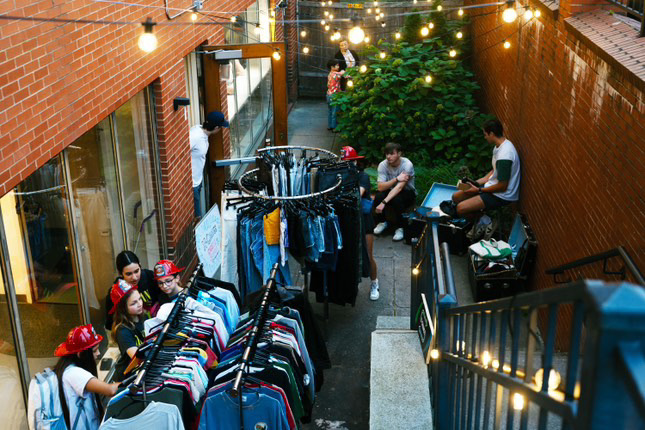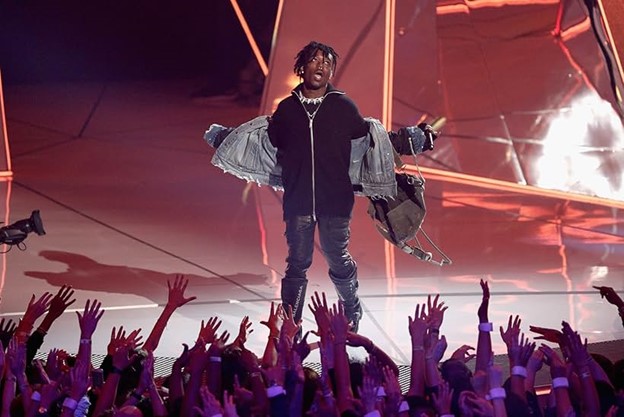It’s the phrase you hear passing by a group of people in the dining hall on a Sunday morning. Then later that day your roommate uses it when relaying their own night to you, claiming that they only “hooked up” with the person they went home with. Compared to other terms used to convey sexual acts such as “fornicating” or “banging,” the term “hooking up” leaves room for ambiguity.
In order to better understand what exactly this term means, The Student Legal Services Office, The Women of Color Leadership Network, The Stonewall Center, The Graduate Women’s Network, Women, Gender, Sexuality Studies and University Health Services sponsored the eighth annual “Where’s Love 101: On or Off the Hook: Experiences with Hookup Culture” last Tuesday.
Students at the panel opened up and shared their experiences about the realities of the sex culture in college to help decode the ambiguity surrounding the popular slang term.
The program welcomed a panel of seven speakers, two of them faculty members of the University of Massachusetts and five UMass students whom identified across different, racial, gender and sexual oriented spectrums. The two faculty members included Lynn Phillips, a professor in the Communication department and Linda Scott, a clinical psychologist at the Center for Counseling and Psychological Health.
The event opened the discussion by explaining their work and personal involvement in this program and the importance of taking the time to discuss “hooking up.” They made the point that learning about hook up culture can reveal important insights into the rape culture of today and provide people with necessary information and resources to protect themselves and others within their communities. The panel to discuss the provided questions and each share their personal experiences and gave insight and advice.
When asked what hooking up meant to her, Dana Bornstein, a senior Public Health major, said, “There are so many definitions of what hooking up is.”
When asked what a bad hook up was, Leonie Barkakati, a first-year graduate student in Social Justice Education, summarized this from her own experiences as being “unmatched expectations.” Leonie spoke of the negativity she experienced within some of her hook ups stemming from the fact that she felt pressured and vulnerable as a woman of color and explained how she had found her strength and way out of those situations.
Answering the question of “hook up” culture’s presence within social media, Aidan Darois, a freshmen double major in Environmental Science and Natural Resource Conservation, said “it can have good and bad sides” which were identified among the panel as fun and convenient yet with the possibility of danger and drama.
Leonie said that although she is involved on social media, she actively attempts to keep her personal life out of it.
The panel offered some valuable insight and words of advice at the closing of the program.
“Don’t date to date. Date because you love the person” Hale-Howe’s said.
Phillips and Scott acknowledged the tremendous wisdom and bravery of the panel and reiterated that communication can be a “kill joy” but is absolutely vital, as well as paying attention to one’s self esteem and not letting a relationship define you.
So there you have it; a small insight into a culture that you may already be well assimilated or completely foreign to. It can be confusing, scary and enjoyable, as most experiences are in life. After all, the event let students know that there is a place to unpack your experiences, find help or just meet others and share stories.
Erica Garnett can be reached at [email protected].


















